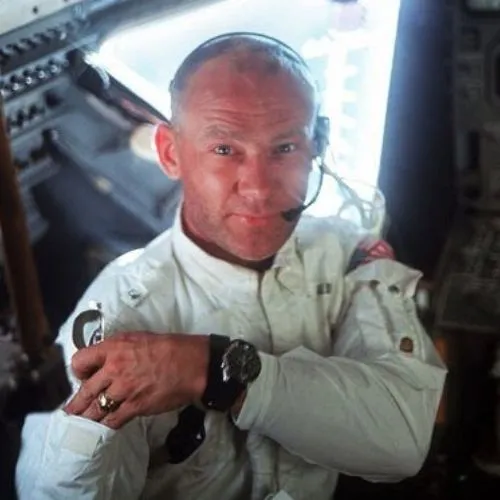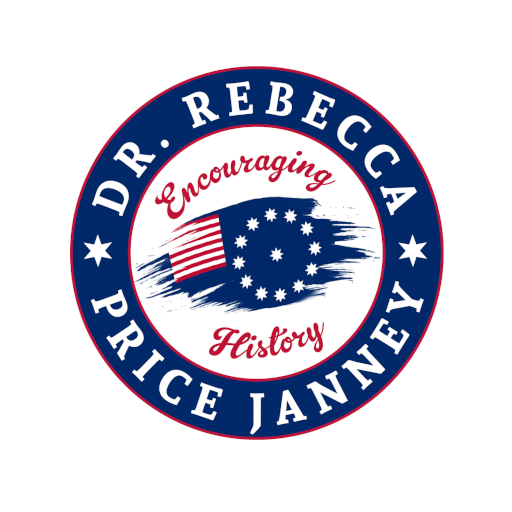
In September 1962 in a speech at Rice Stadium, President John F. Kennedy put Americans on a path to attain the highest scientific achievement of all time. He famously said,
“We shall send to the moon 240,000 miles away, a giant rocket, more than 300 feet tall on an untried mission to an unknown celestial body, and then return it safely to Earth. But why some say the moon? Why choose this as our goal? And they may well ask, why climb the highest mountain? Why 35 years ago fly the Atlantic? We choose to go to the moon. We chose to go to the moon. We choose to go to the moon in this decade and do the other things not because they are easy, but because they are hard. . . And therefore, as we set sail, we ask God’s blessing on the most hazardous and dangerous and greatest adventure that man has ever gone.”
The Soviet Union already had a head start, being the first to successfully place a satellite in orbit, and the first to put a man into space orbit. The American space program seemed woefully riddled with problems. Many people thought the young President was talking nonsense, but many more rose to the challenge. Throughout the 1960s, the American space program pressed forward toward its goal of putting men on the moon.
Although Kennedy did not live to see his dream fulfilled, millions of people the world over witnessed the mission of Apollo 11 in July 1969 when Neil Armstrong, Edwin “Buzz” Aldrin, and Michael Collins became the first men to land on the moon. Most people know the famous first phrase Neil Armstrong spoke when he stepped foot on the moon—”That’s one small step for a man, one giant leap for mankind—” but there is another, lesser known, famous first.
If you ask someone what was the first meal eaten on the moon, those who remember the event might say “Tang” and a plastic package of dehydrated beef and vegetables. However, the first meal proved to be quite different.
Buzz Aldrin was an elder at Webster Presbyterian Church in Webster, Texas, and before he set out for the moon, he asked for permission to take the bread and wine of communion so he could observe the sacrament there. In 1970 he said, “I wondered if it might be possible to take communion on the moon, symbolizing the thought that God was revealing Himself there, too, as man reached out into the universe. For there are many of us in the NASA program who do trust that what we are doing is part of God’s eternal plan for man.” Permission was gladly given.
While he and Neil Armstrong waited for the go-ahead to leave the lunar module, Aldrin asked the ground crew if he could have a “few moments of silence.” He said, “I would like to invite each person listening in, wherever and whomever he may be, to contemplate for a moment the events of the past hours and to give thanks in his own individual way.” Back in Webster, Texas, his home church had gathered to share communion at the same time.
Aldrin then took the specially prepared elements, pouring the wine into a small silver chalice provided by his church. He recalled, “In the one-sixth gravity of the moon the wine curled slowly and gracefully up the side of the cup. It was interesting to think that the very first liquid ever poured on the moon, and the first food eaten there, were communion elements. I sensed especially strongly my unity with our church back home, and with the Church everywhere.”
Then he read silently from John 15:5, which he had written on a 3-by-5-inch notecard: “As Jesus said: I am the vine, you are the branches. Whoever remains in me, and I in Him, will bear much fruit; for you can do nothing without me.”
At the end of the mission, when Aldrin was headed back to earth, he read aloud a second Scripture, Psalm 8:3-4, which he had written on the same notecard: “When I consider thy heavens, the work of thy fingers, the moon and the stars, which thou hast ordained; What is man that thou art mindful of him? And the Son of Man, that thou visitest Him?”

“not because they are easy, but because they are hard”: I’ve heard a few commencement speakers over the years, but I remember the sentiments of only one (a poet, and I don’t remember his name). He urged the graduates to “choose worthy difficulties.”